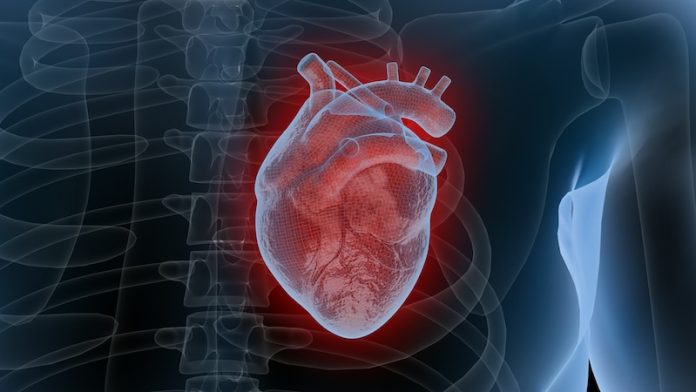
A powerful new artificial intelligence system has shown it can predict who is at risk of sudden cardiac death far better than current medical methods—potentially saving thousands of lives while helping others avoid unnecessary medical procedures.
The system, developed by researchers at Johns Hopkins University and funded by the U.S. government, focuses on a common but challenging heart condition called hypertrophic cardiomyopathy.
This inherited disease causes thickening and scarring of the heart muscle and is a leading cause of sudden cardiac death in young adults and athletes.
While many people with the condition live normal lives, others are at serious risk—but until now, doctors have struggled to tell who is truly in danger.
That’s where the new AI model steps in. Called MAARS—short for Multimodal AI for Arrhythmia Risk Stratification—the system analyzes a wide range of patient data, including medical records and heart scans, to pinpoint people most likely to suffer sudden cardiac arrest.
What sets it apart is its ability to read and understand heart MRI images, especially the detailed contrast-enhanced scans that reveal scarring in heart tissue—something human doctors have found difficult to interpret in a consistent or useful way.
“Currently, we have patients dying in the prime of their life because they aren’t protected,” said senior author Natalia Trayanova, a Johns Hopkins researcher specializing in AI and cardiology. “At the same time, others are living with implanted defibrillators they don’t actually need. Our AI can predict with very high accuracy who is truly at risk.”
The model’s success is striking. Current medical guidelines used in both the U.S. and Europe to guide treatment for this condition are accurate about 50% of the time—basically a coin flip, according to Trayanova.
But MAARS achieved 89% accuracy across all patients and an even more impressive 93% accuracy for patients aged 40 to 60, the group most vulnerable to sudden death from this condition.
The research was published in Nature Cardiovascular Research.
To build and test the model, the researchers used real patient data from Johns Hopkins Hospital and the Sanger Heart & Vascular Institute in North Carolina.
Unlike standard practices that rely on general risk factors, MAARS uses deep learning to detect specific scarring patterns in the heart and combine that with each person’s health history to provide personalized risk assessments. Even more importantly, it can explain why a person is considered high risk, allowing doctors to craft a treatment plan that fits the individual patient.
“We’re extracting hidden information from these images that is not usually seen or used,” said Trayanova. “No one had applied deep learning like this to those heart scans before.”
This breakthrough follows earlier work by Trayanova’s team. In 2022, they created another AI model that predicted survival outcomes for people with heart tissue damage from previous heart attacks. That model helped forecast not just if, but when someone might die from cardiac arrest.
Looking ahead, the team plans to expand the use of MAARS to other heart conditions, such as cardiac sarcoidosis and arrhythmogenic right ventricular cardiomyopathy. These are also diseases where sudden death is a risk but where prediction remains unreliable using today’s tools.
This new model has the potential to dramatically change how doctors assess heart risk, especially for people with hidden or misunderstood conditions. Instead of a one-size-fits-all approach, MAARS offers a more personalized, accurate, and data-driven solution.
As the researchers continue testing and improving it, the hope is that this AI could one day become a standard tool in cardiology—helping save lives by giving doctors the right information at the right time.
For more information about health, please see recent studies that Vitamin D deficiency can increase heart disease risk, and results showing Zinc and vitamin B6 linked to lower death risk in heart disease.
For more information about heart health, please see recent studies about more coffee linked to heart rhythm disease, and results showing Zinc and vitamin B6 linked to lower death risk in heart disease.
The research findings can be found in Nature Cardiovascular Research.
Copyright © 2025 Knowridge Science Report. All rights reserved.



